
Follow my blog to get more information...
The scoop on buying Organic
When referring to purchasing food, the term “buying organic” means that the food is grown in safe and healthy soil, using natural fertilizers and are free of synthetic pesticides or additives. In order for a food to be labeled “certified organic,” the land that grew the food must have been pesticide free for at least three years. The lack of chemical pesticides and additives in the soil means that there is also fewer health-harming chemicals in the food we eat. A Consumer Report study found that organic foods consistently had lower amounts of toxic pesticide residues.
Residues from pesticides and chemical fertilizers negatively impact the body because they are man-made and cannot be processed properly by the body. While there is much that is still unknown about the hazards of chemicals used in modern agriculture, common sense tells us that if a chemical is designed to kill living pests, it can’t be all that safe for living humans!
Buying organic products may not always be possible based on availably, cost, or other factors. Here is alist of the top product items to buy organically. If it isn’t possible to buy organic, always wash your fresh produce well with a simple solution that will help remove harmful pesticides from the surface of the food.

Fruit and Veggie Wash
- 1 Tablespoon fresh lemon juice
- 2 Tablespoons vinegar
- 1 cup of water
Combine all ingredients in a spray bottle and spray your wash on all of your fruits and vegetables. Then, rinse it off. They are now ready to eat or use in cooking.
EWG's 2014 Shopper's Guide to Pesticides in Produce™
Two-thirds of produce samples in recent government tests had pesticide residues. Don't want to eat bug- and weed-killers? EWG's Shopper's Guide to Pesticides in Producehelps you shop smart. We highlight the cleanest and dirtiest conventionally-raised fruits and vegetables. If a conventionally grown food you want tests high for pesticides, go for the organic version instead. And remember - the health benefits of a diet rich in fruits and vegetables outweigh risks of pesticide exposure. Dirty Dozen™ Plus highlights hot peppers and leafy greens - kale and collard greens - often tainted with unusually hazardous pesticides.
Dirty Dozen Plus™

APPLES
DIRTY DOZEN™

STRAWBERRIES
DIRTY DOZEN™

GRAPES
DIRTY DOZEN™

CELERY
DIRTY DOZEN™

PEACHES
DIRTY DOZEN™

SPINACH
DIRTY DOZEN™
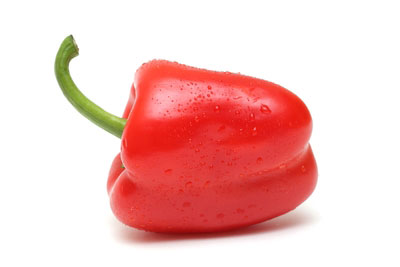
SWEET BELL PEPPERS
DIRTY DOZEN™
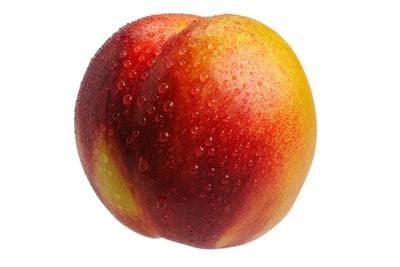
NECTARINES - IMPORTED
DIRTY DOZEN™
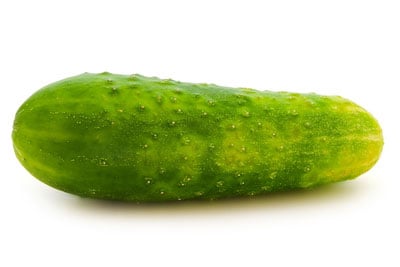
CUCUMBERS
DIRTY DOZEN™
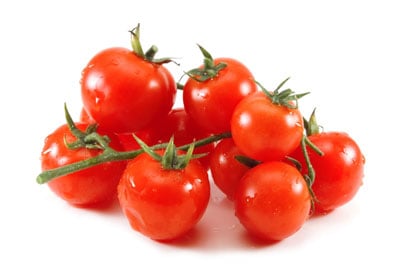
CHERRY TOMATOES
DIRTY DOZEN™
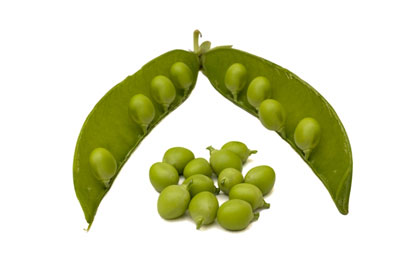
SNAP PEAS - IMPORTED
DIRTY DOZEN™

POTATOES
DIRTY DOZEN™
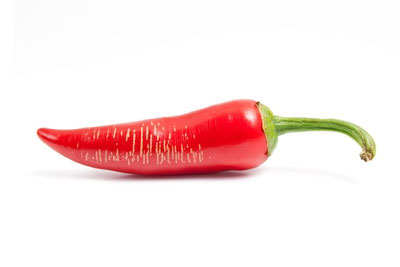
HOT PEPPERS
DIRTY DOZEN PLUS™
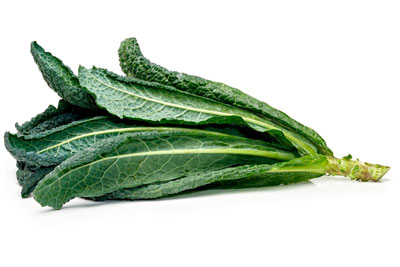
KALE/COLLARD GREENS
DIRTY DOZEN PLUS™
Clean Fifteen™

AVOCADOS
CLEAN FIFTEEN™

SWEET CORN
CLEAN FIFTEEN™

PINEAPPLES
CLEAN FIFTEEN™

CABBAGE
CLEAN FIFTEEN™
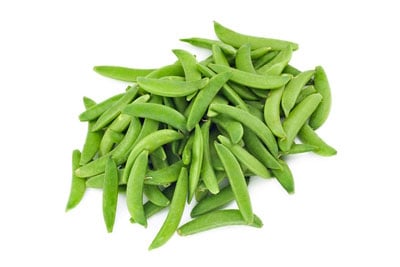
SWEET PEAS - FROZEN
CLEAN FIFTEEN™

ONIONS
CLEAN FIFTEEN™

ASPARAGUS
CLEAN FIFTEEN™
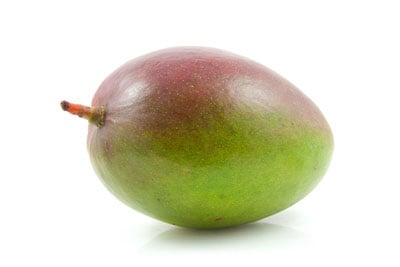
MANGOES
CLEAN FIFTEEN™
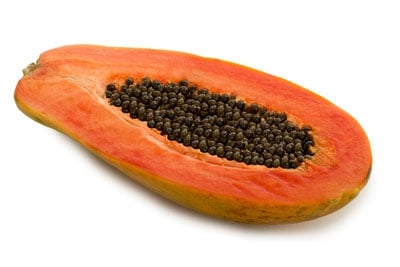
PAPAYAS
CLEAN FIFTEEN™

KIWI
CLEAN FIFTEEN™

EGGPLANT
CLEAN FIFTEEN™

GRAPEFRUIT
CLEAN FIFTEEN™

CANTALOUPE
CLEAN FIFTEEN™

CAULIFLOWER
CLEAN FIFTEEN™
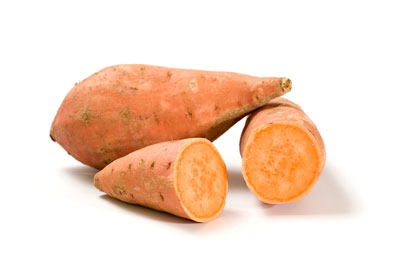
No comments:
Post a Comment